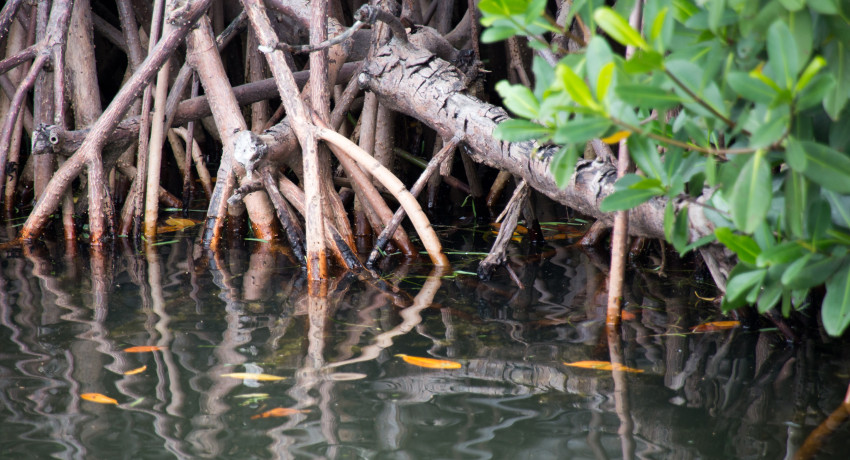The call by Pacific Leaders to our global community at COP27 for more ambition in order to keep the global temperature increase to below 1.5oC, is crucial to the survival of our Pacific Small Island Developing States (PSIDS).
The majority of Regional Pacific NDC Hub members recognise the importance of being climate leaders as demonstrated by their determination and willingness to submit more ambitious second Nationally Determined Contributions (NDCs) before and by COP27.
Most, if not all, have also unknowingly included some form of Nature-based solution as part of their NDC implementation plan.
As the coordinator for climate change action in the Pacific region, SPREP continues to lead the Region’s response to climate impacts by promoting the integration of adaptation, mitigation and disaster risk management into the work and projects delivered to member countries and territories.
SPREP’s strategic plan 2017-2026 recognizes that climate change is a serious challenge that demands concerted action and is recognized as the principal concern of the Secretariat.
SPREP in collaboration with the NDC Hub, recognizes that the Pacific region continues to experience the disastrous impacts of climate change and shall continue to do so well into the next decades.
NDCs provide a mechanism under the Paris Agreement whereby UNFCCC Parties commit to reduce greenhouse gas emissions causing catastrophic climatic events around the world.
Nature-based Solutions, according to some research findings, are increasingly regarded as a critical element in the fight against causes and consequences of climate change because ecosystems can capture and store significant amounts of carbon thereby slowing down global warming.
Recent estimates suggest that these natural climate solutions can provide around one-third of the cost-effective climate mitigation needed between now and 2030 to stabilise warming to below 2oC and simultaneously provides a powerful defence against the impacts and long-term hazards of climate change.
The need therefore to boost the world’s efforts to avoid ecosystem loss / degradation, or other adverse land-use and sea use changes, conserving, restoring and sustainably managing the world’s ecosystem to ensure that nature continues to provide the multitude of benefits to the world.
Mode: Virtual
Training Registration Link: SPREP NDC Hub invites and encourages participants to register at the link: https://forms.office.com/r/2fK090vsmw


